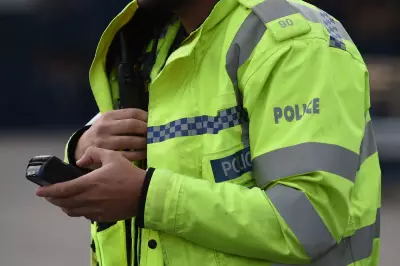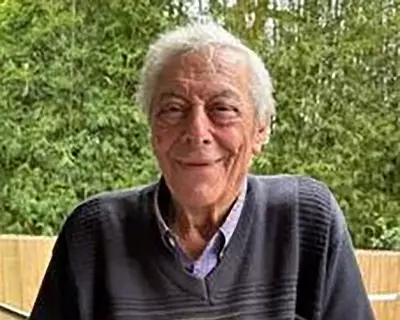
A Queensland coroner has delivered a pivotal finding, determining that the three members of the Train family responsible for the deadly 2022 Wieambilla shootings were not terrorists. Instead, the inquest concluded they acted due to severe, shared ‘persecutory’ delusions that led them to ambush and kill two police officers and a neighbour.
The Coroner's Critical Findings
The official investigation into the tragic events at Wieambilla in 2022 has provided a new, starkly different interpretation of the perpetrators' motives. The coroner's report explicitly states that Nathaniel, Gareth, and Stacey Train were not motivated by a recognised terrorist ideology. Their actions, which resulted in the deaths of Constables Matthew Arnold and Rachel McCrow, as well as their neighbour Alan Dare, were driven by a collective paranoid worldview.
This finding shifts the narrative away from initial assumptions of terrorism, focusing instead on the profound mental health crisis at the heart of the incident. The coroner emphasised that the family's deeply held, false beliefs about being persecuted directly precipitated the violent ambush.
A Detailed Look at the Tragedy
On the day of the shootings, the two young police officers arrived at the remote Wieambilla property for what should have been a routine welfare check. They were met with unexpected and extreme violence, ambushed by the Train family who were heavily armed. The situation escalated rapidly, leaving the officers with no chance of survival.
Their neighbour, Alan Dare, tragically lost his life when he went to investigate the commotion and gunfire coming from the property. The coroner's findings paint a picture of a planned attack based entirely on the family's irrational fears, rather than any political or religious cause.
Could the Ambush Have Been Prevented?
As part of the inquest process, Queensland state reporter Andrew Messenger provided crucial analysis on the coroner's findings. A central question explored was whether any intervention could have averted this devastating outcome.
The investigation scrutinised the events leading up to that day, examining if the shared delusional disorder within the Train family could have been identified earlier. This line of inquiry is essential for understanding potential systemic gaps and for informing future police and mental health protocols to prevent similar tragedies.
The coroner's report marks a significant moment in understanding one of Queensland's most shocking criminal incidents, reclassifying a act initially deemed as terrorism as a profound human tragedy rooted in severe mental illness.






